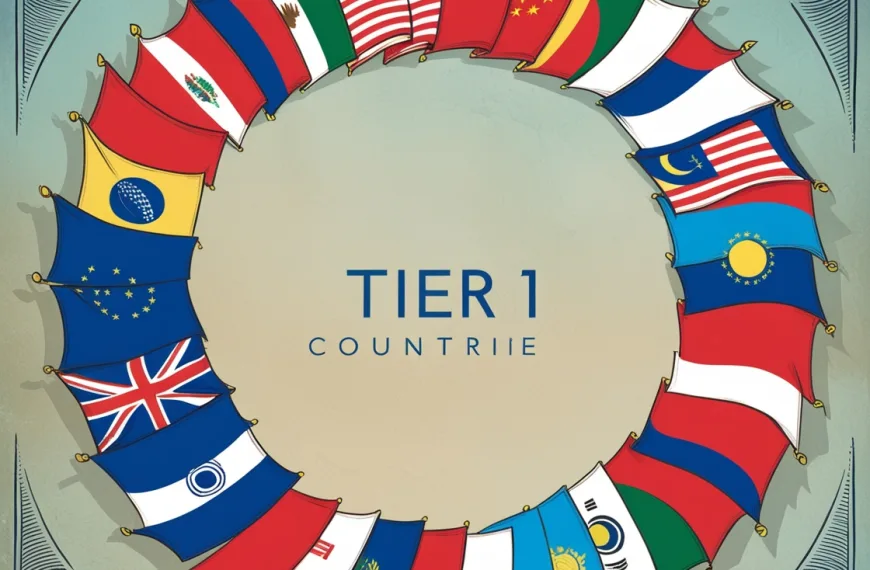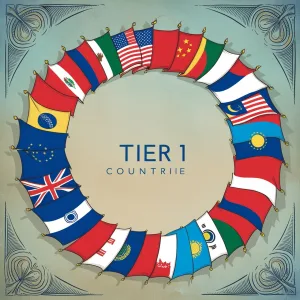The advent of open banking has significantly reshaped the financial services landscape, offering faster, safer, and more transparent transactions. One sector increasingly benefiting from this innovation is the online casino industry. As operators seek to provide seamless player experiences while complying with stringent regulations, open banking presents a compelling solution.
What is Open Banking?
Open banking refers to the practice where banks and financial institutions allow third-party providers (TPPs) to access customer financial data (with consent) through secure application programming interfaces (APIs). This enables innovative services like real-time payments, personal finance management, and tailored credit products.
In the context of online gambling, open banking allows casinos to integrate directly with players’ bank accounts to verify identities, facilitate instant deposits and withdrawals, and promote responsible gaming.
Benefits of Open Banking for Online Casinos
1. Instant Payments and Payouts
Open banking enables real-time transactions, improving the speed of deposits and withdrawals. Unlike traditional card payments or bank transfers, which may take hours or days, players can fund their accounts and receive winnings within minutes.
2. Enhanced KYC and AML Compliance
By accessing verified bank data, online casinos can streamline their Know Your Customer (KYC) and Anti-Money Laundering (AML) processes. This reduces fraud risk, improves regulatory compliance, and builds player trust.
3. Reduced Transaction Fees
Traditional payment methods often involve high processing fees and intermediaries. Open banking payments are direct account-to-account (A2A), cutting costs for operators and enabling more competitive pricing or bonuses for players.
4. Improved Player Experience
Seamless registration, instant transactions, and better security create a frictionless experience for users, leading to higher player satisfaction and retention.
Use Cases in the Casino Ecosystem
- Player Onboarding: With bank-verified identity and income checks, casinos can onboard users faster while ensuring responsible gambling measures.
- Smart Limits and Alerts: Real-time access to transaction data allows operators to set personalized spending limits and detect risky behavior.
- Fraud Detection: Anomalous spending patterns or account inconsistencies can be flagged automatically to prevent fraud.
- Loyalty Programs: By analyzing financial behavior, casinos can tailor rewards or incentives more effectively.
Regulatory Considerations
Online casinos operate in a highly regulated environment, especially in jurisdictions like the UK, EU, and Canada. Open banking helps meet many of these obligations:
- Strong Customer Authentication (SCA) requirements under PSD2 are easier to fulfill.
- Data protection and consent management are simplified via secure APIs and user-controlled permissions.
- Responsible gambling frameworks are more effectively enforced with transparent and real-time access to user data.
That said, operators must ensure they partner with licensed TPPs and remain compliant with data privacy laws such as GDPR.
Challenges and Limitations
Despite its advantages, open banking adoption in online gambling comes with challenges:
- Limited market penetration: Not all countries or banks support open banking yet.
- User education: Many players are unfamiliar with how open banking works or are hesitant to link their bank accounts.
- Integration complexity: Casinos must invest in robust API infrastructure and security protocols.
Future Outlook
The integration of open banking into the iGaming industry is expected to grow rapidly as consumer trust increases and regulations evolve. Innovations like variable recurring payments (VRPs) and AI-driven financial analysis could further enhance personalization and responsible gaming.
For online casinos, embracing open banking is not just a technological upgrade—it’s a strategic move toward a more secure, efficient, and player-centric model.
Conclusion
Open banking stands to transform the online casino industry by making payments faster, safer, and smarter. While implementation may require careful planning and adherence to regulation, the potential for improved compliance, cost savings, and user satisfaction makes it a promising frontier for gambling operators looking to innovate in a digital-first world.
Read more: Top 7 High-Paid Gambling Affiliate Programs








